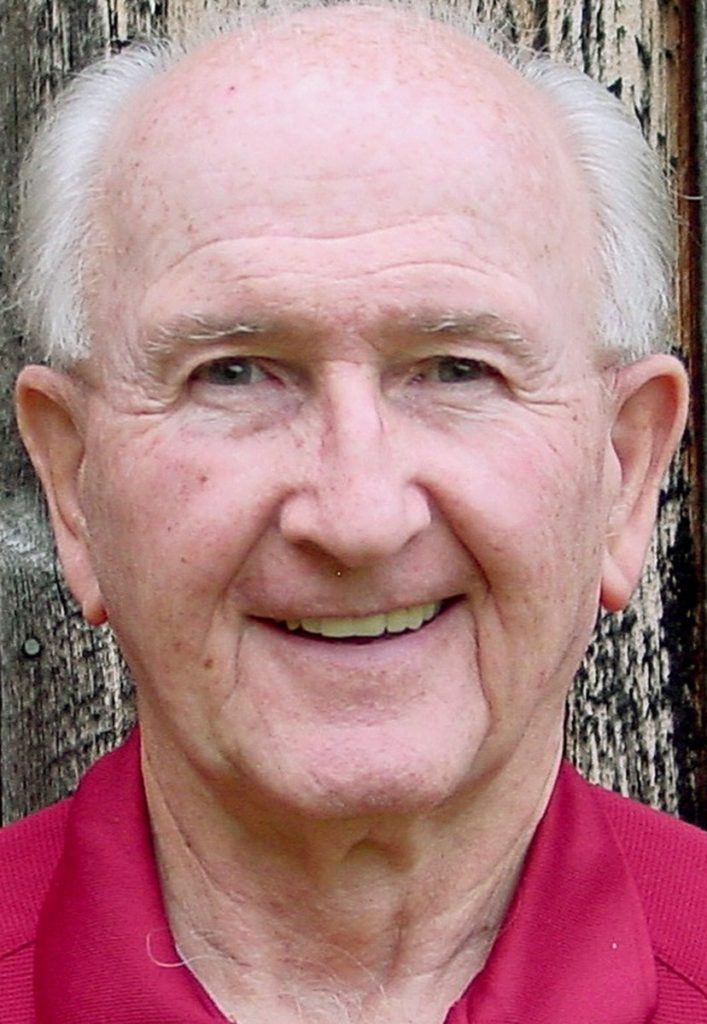Column by Mike Zagata for August 17, 2018
Exotic? Natural Gas As
Common As … Manure

It’s amazing that the natural gas opponents all talk about wanting to protect the environment by moving from natural gas to “renewables.” Is it that they are misinformed or have an agenda?
It’s difficult to tell, but here’s what the science tells us. Natural gas, or methane, is naturally occurring. It is emitted from volcanoes, manure piles and humans. It is the cleanest burning fuel yielding carbon dioxide and water.
If we remember our high school biology, it is carbon dioxide and water that green plants use in the process of photosynthesis to produce oxygen and sugar – two very important products for humankind and all animals that breathe oxygen and consume green plants containing sugar for food.
To date, we don’t know if those green plants, found on land and in fresh and marine waters, aren’t able to process the carbon dioxide that is being produced. If there was more of it, could green plants produce more oxygen and sugar, or if there was more than they could process would it affect the climate?
Answering those questions will take some good minds and pretty heavy-duty computers.
•
Because the proposed Constitution Pipeline has not been built and there is an increasing demand for clean-burning natural gas, companies are looking for ways to serve customers.
One of those ways involves compressing the natural gas to reduce its volume and then transporting it in specially developed canisters. That approach is being used in our area and some people are concerned about it.
Here’s what we know. There have been accidents with trucks carrying this gas and there haven’t been any releases – the safety mechanisms built into the trucks and containers have worked as expected. That is a good thing.
Is the same true for the fuel oil, propane and gasoline trucks that have traveled our highways for decades? There have been accidents and spills, but not the outcry facing the current use of trucks to transport natural gas. Why is that?
•
Institutions and businesses in Oneonta are facing curtailment during periods of unusual cold and heat.
What that means is that there isn’t enough gas being delivered by NYSEG to meet current needs – no less to support any new demand that might arise if a business that could provide jobs wanted to locate here. As it stands right now, they won’t locate here because there isn’t enough natural gas or three-phase power.
Some say Otsego Now should be condemned for trying to remedy that situation. Instead, they would like to form a committee to study it and dilute the momentum – the oldest trick in the book. If you want to delay something, form a committee of folks with widely different opinions and interests.
The anti-fossil fuel crowd will tell us renewables are the environmental panacea – they are without issues. Really, now?
It takes about 20 acres of solar panels to produce enough electricity for about 1,000 households – and we still need fossil fuels to produce the electricity needed to heat or cool our homes at night and to recharge our electric vehicles as off-peak power is cheaper.
New York’s population is about 20 million. If we multiply 20 acres by 20 million and then divide by 1,000 we get 400,000 – the number of acres that would be covered by the solar panels needed to produce enough daytime only electricity for New Yorkers.
That’s 400,000 acres that used to be forests, farmland and wildlife habitat. And what about having to dispose of the hazardous wastes in the solar panels that once produced electricity?
We could use hydro-power, but that means building dams that impede the progress of fish trying to move upstream to spawn.
We could use wind power, but that means using windmills that kill migrating birds.
We could use woody biomass, but that, along with the other “renewable” energy projects that have been brought forward for this area, was shot down by those who oppose anything that might lead to prosperity for our area.
All of a sudden, it isn’t so simple – in fact it’s downright complicated and might take some time to get it right. In the meantime, we have an abundant supply of gas – natural gas or methane – to serve as a bridge to get us where we all want to be – warm or cool depending on the time of year and pollution free.
Mike Zagata, a DEC commissioner in the Pataki Administration and environmental executive for Fortune 500 companies, lives in West Davenport.

